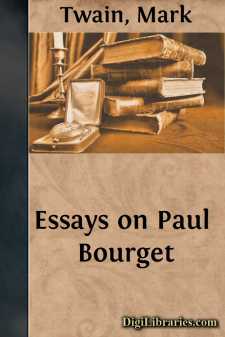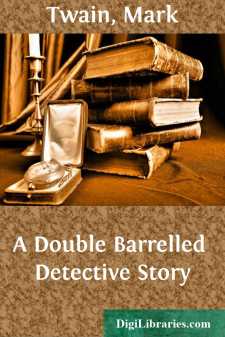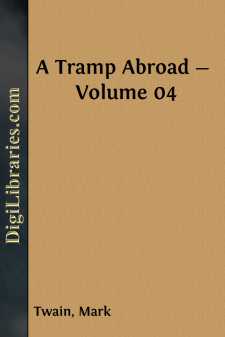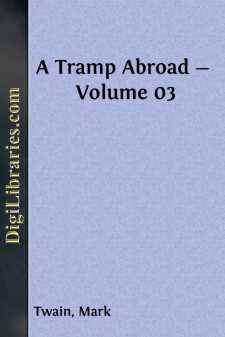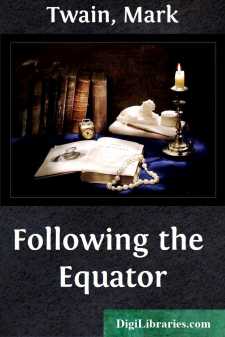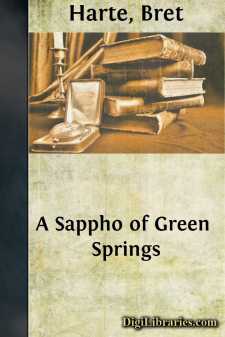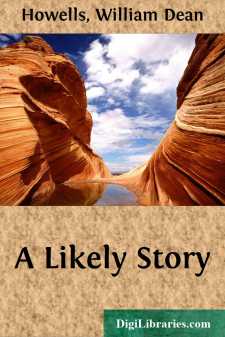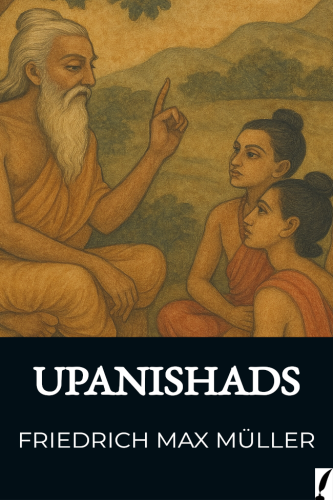Categories
- Antiques & Collectibles 13
- Architecture 36
- Art 48
- Bibles 22
- Biography & Autobiography 813
- Body, Mind & Spirit 142
- Business & Economics 28
- Children's Books 17
- Children's Fiction 14
- Computers 4
- Cooking 94
- Crafts & Hobbies 4
- Drama 346
- Education 46
- Family & Relationships 57
- Fiction 11829
- Games 19
- Gardening 17
- Health & Fitness 34
- History 1377
- House & Home 1
- Humor 147
- Juvenile Fiction 1873
- Juvenile Nonfiction 202
- Language Arts & Disciplines 88
- Law 16
- Literary Collections 686
- Literary Criticism 179
- Mathematics 13
- Medical 41
- Music 40
- Nature 179
- Non-Classifiable 1768
- Performing Arts 7
- Periodicals 1453
- Philosophy 64
- Photography 2
- Poetry 896
- Political Science 203
- Psychology 42
- Reference 154
- Religion 513
- Science 126
- Self-Help 84
- Social Science 81
- Sports & Recreation 34
- Study Aids 3
- Technology & Engineering 59
- Transportation 23
- Travel 463
- True Crime 29
Essays on Paul Bourget
by: Mark Twain
Categories:
Description:
Excerpt
WHAT PAUL BOURGET THINKS OF US
He reports the American joke correctly. In Boston they ask, How much does he know? in New York, How much is he worth? in Philadelphia, Who were his parents? And when an alien observer turns his telescope upon us—advertisedly in our own special interest—a natural apprehension moves us to ask, What is the diameter of his reflector?
I take a great interest in M. Bourget's chapters, for I know by the newspapers that there are several Americans who are expecting to get a whole education out of them; several who foresaw, and also foretold, that our long night was over, and a light almost divine about to break upon the land.
"His utterances concerning us are bound to be weighty and well
timed."
"He gives us an object-lesson which should be thoughtfully and
profitably studied."
These well-considered and important verdicts were of a nature to restore public confidence, which had been disquieted by questionings as to whether so young a teacher would be qualified to take so large a class as 70,000,000, distributed over so extensive a schoolhouse as America, and pull it through without assistance.
I was even disquieted myself, although I am of a cold, calm temperament, and not easily disturbed. I feared for my country. And I was not wholly tranquilized by the verdicts rendered as above. It seemed to me that there was still room for doubt. In fact, in looking the ground over I became more disturbed than I was before. Many worrying questions came up in my mind. Two were prominent. Where had the teacher gotten his equipment? What was his method?
He had gotten his equipment in France.
Then as to his method! I saw by his own intimations that he was an Observer, and had a System that used by naturalists and other scientists. The naturalist collects many bugs and reptiles and butterflies and studies their ways a long time patiently. By this means he is presently able to group these creatures into families and subdivisions of families by nice shadings of differences observable in their characters. Then he labels all those shaded bugs and things with nicely descriptive group names, and is now happy, for his great work is completed, and as a result he intimately knows every bug and shade of a bug there, inside and out. It may be true, but a person who was not a naturalist would feel safer about it if he had the opinion of the bug. I think it is a pleasant System, but subject to error.
The Observer of Peoples has to be a Classifier, a Grouper, a Deducer, a Generalizer, a Psychologizer; and, first and last, a Thinker. He has to be all these, and when he is at home, observing his own folk, he is often able to prove competency. But history has shown that when he is abroad observing unfamiliar peoples the chances are heavily against him. He is then a naturalist observing a bug, with no more than a naturalist's chance of being able to tell the bug anything new about itself, and no more than a naturalist's chance of being able to teach it any new ways which it will prefer to its own....


